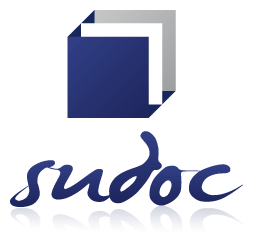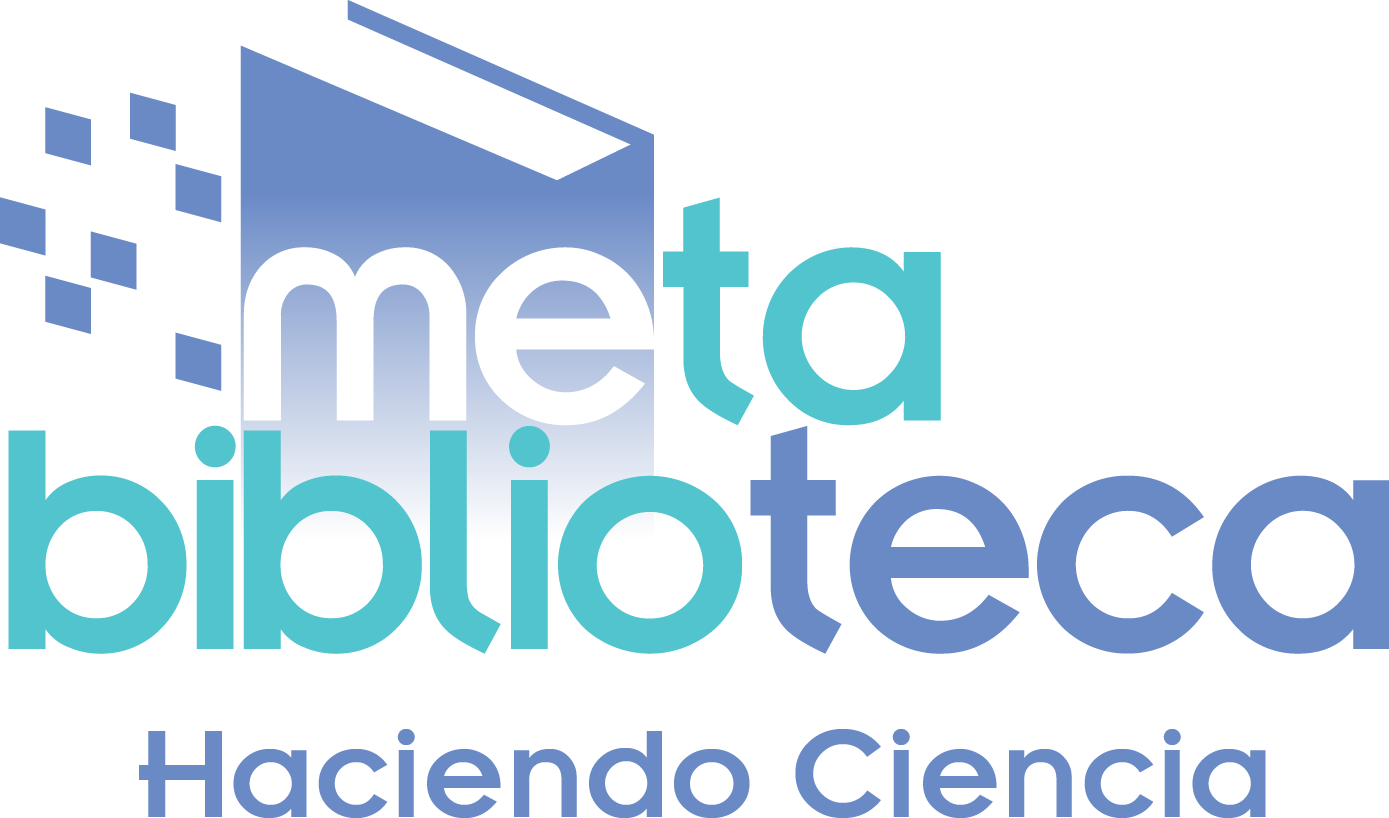Guías latinoamericanas para el manejo de la emesis en oncología, hematooncología y radioterapia.
Latin-american guidelines for the management of emesis in oncology, haemato-oncology, and radiotherapy.

Esta obra está bajo una licencia internacional Creative Commons Atribución-NoComercial-CompartirIgual 4.0.
Mostrar biografía de los autores
El tratamiento del paciente oncológico es complejo debido a que la naturaleza de la patología requiere un manejo sistémico. Las distintas terapias que buscan restablecer la salud de los pacientes, o al menos procurarles calidad de vida, deben modificarse constantemente, porque sus efectos adversos a menudo provocan que los pacientes interrumpan su tratamiento o lo abandonen por completo. Tal es el caso de la náusea y el vómito inducidos por radioterapia y quimioterapia, que provocan mayor malestar a los pacientes y que, desde hace más de dos décadas, han tratado de ser controlados con antieméticos cada vez más efectivos. Desde hace tiempo, diversas instituciones oncológicas internacionales han publicado guías para homologar los criterios del manejo de la náusea y vómito inducidos por quimioterapia; sin embargo, hasta el momento, se ha carecido de guías y lineamientos específicos adaptados para Latinoamérica, región donde existen circunstancias particulares referentes a la disposición de fármacos y al acceso a recursos. Ante ese panorama, un grupo de especialistas oncólogos, hematólogos y oncólogos pediátricos de Latinoamérica se reunió con el propósito de consensuar el manejo general y las recomendaciones específicas sobre el uso de los fármacos antieméticos, solos o en combinación, y conformar las guías del manejo de la emesis, de acuerdo con las particularidades del contexto latinoamericano. Los expertos contestaron un cuestionario Delphi que contenía los conceptos fundamentales del tratamiento antiemético. Los calificaron mediante parámetros de acuerdo y desacuerdo. Posteriormente, se reunieron para llegar a un consenso en los que requerían discusión y revisaron los reportes más relevantes de las publicaciones internacionales (incluidas las guías de MASCC, NCCN y ASCO). Finalmente, se redactaron las guías latinoamericanas para el control de la emesis.
Visitas del artículo 522 | Visitas PDF 408
- Feyer P, Jordan K. Update and new trends in antiemetic therapy: the continuing need for novel therapies. Ann Oncol. 2011;22(1):30-8.
- Gralla RJ, Osoba D, Kris MG, Kirkbride P, Hesketh PJ, Chinnery LW, et al. Recommendations for the use of antiemetics: evidence-based, clinical practice guidelines. J Clin Oncol. 1999;17(9):2971-94.
- Chung SK, Ahn MJ, Yoo JY, Choi M, Hyang N, Woo SR, et al. Implementation of best practice for chemotherapy-induced nausea and vomiting in an acute setting. Int J Evid Based Healthc 2011;9(1):32-8.
- Rodríguez R. Náusea crónica y vómito en el paciente con cáncer. Disponible en: http://www.paho.org/spanish/ad/dpc/nc/palliative-care-08.pdf.
- Chambers P, Daniels S. Antiemetic guidelines for adult patients receiving chemotherapy and radiotherapy. University College Hospital NHS Foundation Trust; 2012. p. 1-15.
- Maule WF. Nausea and vomiting. Chapter 84. In: Walker HK, Hall WD, Hurst JW, editors. Clinical methods: the history, physical, and laboratory examinations. 3rd ed. Boston: Butterworths; 1990.
- Morrow GR. Chemotherapy-related nausea and vomiting: etiology and management. CA Cancer J Clin. 1989;39(2):89-104.
- Hesketh PJ. Chemotherapy-induced nausea and vomiting. N Engl J Med. 2008;358(23):2482-94.
- Herrsted J, Dombernowsky P. Anti-emetic therapy in cancer chemotherapy: current status. Basic Clin Pharmacol Toxicol. 2007;101(3):143-50.
- Jordan K, Sippel C, Schmoll HJ. Guidelines for antiemetic treatment for chemotherapy-induced nausea and vomiting: past, present, and future recommendations. The Oncologist. 2007;12(9):1143-50.
- Valle-Solís AE, Cervantes-Sánchez G, Franco-González EE, García G, Hernández-Chávez GA, López-Hernández M, et al. Guías de manejo de antieméticos en oncología, hematología y radioterapia. GAMO. 2011;10 (supl 4):1-20.
- Grunberg SM, Deuson RR, Mavros P, Geling O, Hansen M, Cruciani G, et al. Incidence of chemotherapy-induced nausea and emesis after modern antiemetics. Cancer. 2004;100(10):2261-8.
- Basch E, Prestrud AA, Hesketh PJ, Kris MG, Feyer PC, Somerfield MR, et al. Antiemetics: American Society of Clinical Oncology clinical practice guideline update. J Clin Oncol. 2011;29(31):4189-98.
- Roila F, Herrstedt J, Aapro M, Gralla RJ, Einhorn LH, Ballatori E, et al. ASCO guidelines 2011, MASCC y ESMO clinical practice guidelines. Ann Oncol. 2010;21(Suppl 5);v232-43.
- NCCN clinical practice guidelines in oncology. Antiemesis. 2012. Available in: http://www.nccn.org/professionals/physician_gls/pdf/antiemesis.pdf.
- Roscoe JA, Morrow GR, Aapro MS, Molassiotis A, Olver I. Anticipatory nausea and vomiting. Support Care Cancer. 2011;19(10):1533-8.
- Aapro MS, Molassiotis A, Olver I. Anticipatory nausea and vomiting. Support Care Cancer. 2005;13(2):117-21.
- Roila F, Del Favero A, Gralla RJ, Tonato M. Prevention of chemotherapy-and radiotherapy-induced emesis: results of the Perugia Consensus Conference. Ann Oncol. 1998;9(8):811-9.
- Durand JP, Madelaine I, Scotté F. [Guidelines for prophylaxis and treatment of chemotherapy-induced nausea and vomiting]. Bull Cancer. 2009;96(10):951-60.
- de Wit R, de Boer AC, vd Linden GH, Stoter G, Sparreboom A, Verweij J. Effective cross-over to granisetron after failure to ondansetron, a randomized double blind study in patients failing ondansetron plus dexamethasone during the first 24 hours following highly emetogenic chemotherapy. Br J Cancer. 2001;85(8):1099-101.
- Navari RM. Palonosetron: a second-generation 5-hydroxytryptamine receptor antagonist. Future Oncol 2006;2(5):591-602.
- Sepúlveda-Vildósola AC, Betanzos-Cabrera Y, Lastiri GG, RiveraMárquez H, Villasis-Keever MA, Del Ángel VW, et al. Palonosetron hydrochloride is an effective and safe option to prevent chemotherapy-induced nausea and vomiting in children. Arch Med Res. 2008;39(6):601-6.
- Phillips RS, Gopaul S, Gibson F, Houghton E, Craig JV, Light K, et al. Antiemetic medication for prevention and treatment of chemotherapy induced nausea and vomiting in childhood. Cochrane Database Syst Rev. 2010;(9):CD007786.
- Gore L, Chawla S, Petrilli A, Hemenway M, Schissel D, Chua V, et al. Aprepitant in adolescent patients for prevention of chemotherapy-induced nausea and vomiting: a randomized, double-blind, placebo-controlled study of efficacy and tolerability. Pediatr Blood Cancer. 2009;52(2):242-7.
- Likun Z, Xiang J, Yi B, Xin D, Liu-Tao Z. A systematic review and meta-analysis of intravenous palonosetron in the prevention of chemotherapy-induced nausea and vomiting in adults. The Oncologist. 2011;16(2):207-16.
- McCrea JB, Majumdar AK, Goldberg MR, Iwamoto M, Gargano C, Panebianco DL, et al. Effects of neurokinin1 receptor antagonist aprepipant on the pharmacokinetics of dexamethasone and methylprednisolone. Clin Pharmacol Ther. 2003;74(1):17-24.
- Double-blind, dose-finding study of four intravenous doses of dexamethasone in the prevention of cisplatin-induced acute emesis. Italian Group for Antiemetic Research. J Clin Oncol. 1998;16(9):2937-42.
- Hesketh PJ, Grunberg SM, Gralla RJ, Warr DG, Roila F, de Wit R, et al. The oral neurokinin-1 antagonist aprepitant for the prevention of chemotherapy-induced nausea and vomiting: a multinational, randomized, double-blind, placebo-controlled trial in patients receiving high-dose cisplatin--the Aprepitant Protocol 052 Study Group. J Clin Oncol. 2003;21(22):4112-9.
- Poli-Bigelli S, Rodrigues-Pereira J, Carides AD, Julie Ma G, Eldridge K, Hipple A, et al. Addition of the neurokinin 1 receptor antagonist aprepitant to standard antiemetic therapy improves control of chemotherapy-induced nausea and vomiting. Results from a randomized, double-blind, placebo-controlled trial in Latin America. Cancer. 2003;97(12):3090-8.
- Grunberg S, Chua D, Maru A, Dinis J, DeVandry S, Boice JA, et al. Single-dose fosaprepitant for the prevention of chemotherapyinduced nausea and vomiting associated with cisplatin therapy: randomized, double-blind study protocol--EASE. J Clin Oncol. 2011;29(11):1495-501.
- NCCN guidelines version 3.2011. Antiemesis. Available in: http://www.nccn.org/index.asp.
- Cruz FM, de Iracema Gomes Cubero D, Taranto P, Lerner T, Lera AT, da Costa Miranda M, et al. Gabapentin for the prevention of chemotherapy- induced nausea and vomiting: a pilot study. Support Care Cancer. 2012;20(3):601-6.
- Menéndez-Leal A, Quijano C, Menéndez-Rivera A. Is gabapentin effective for preventing delayed NV after moderately and highly emetogenic CT. ASCO 2006 Abstr 18575.
- Razzavi D, Delvaux N, Farvacques C, De Brier F, Van Heer C, Kaufman L, et al. Prevention of adjustment disorders and anticipatory nausea secondary to adjuvant chemotherapy: a double-blind, placebo-controlled study assessing the usefulness of alprazolam. J Clin Oncol. 1993;11(7):1384-90.










